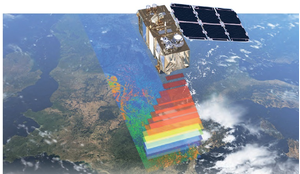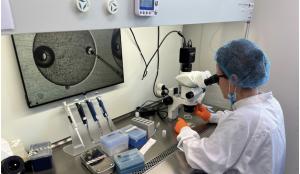The experience of engaging Russian medical professionals as crewmembers on space missions has shown the significant value of including a health worker in the team. When it comes to long-term space missions – especially those in deep space - the inclusion of a doctor on the team should be seen as ‘normal’, not least because of the positive effect it will have on crew stress levels.
The essence of the medical professional’s contribution to space missions is becoming ever more urgent in the context of the development of human deep space exploration. Even with careful medical selection, it is impossible to identify the full range of medical scenarios inherent in a long-duration flight. Moreover, given the high levels of proficiency and experience required of astronauts, any crew is unlikely to be composed entirely of ‘young professionals’ in the peak of health. Both points suggest the need for an on-board medic.
On the other hand, medical diagnostic hardware is constantly evolving, and the astronauts themselves are now routinely able to carry out complex diagnostics led by experts on Earth. That said, on long-distance terrestrial flights, an on-board doctor or specialist has priority over ground-based experts and allows a degree of on-board autonomy; this suggests that the availability of a medical professional among the crew of long-range space missions will be, if not a mandatory requirement, an indisputable advantage. The Russian experience of including doctors as crew members in space missions tends to prove the point.














